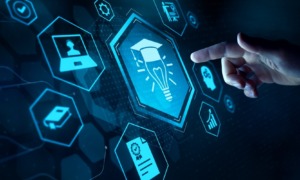All posts tagged "Feature Story"
-

 1.5KGuest Opinion Essay
1.5KGuest Opinion EssayAddressing student absenteeism, tutoring and after-school programs to meet new White House goals
The agenda offers detailed roadmaps to help states better use existing data and funds.
-
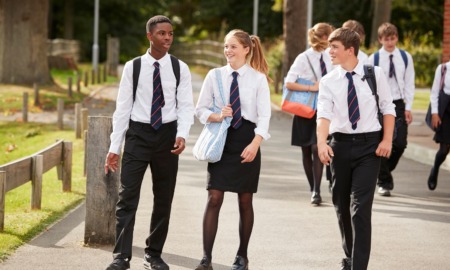
 1.1KNews
1.1KNewsPrivate schools, public money: School leaders are pushing parents to exploit voucher programs
The more voucher money families receive, the less schools must offer in financial aid.
-
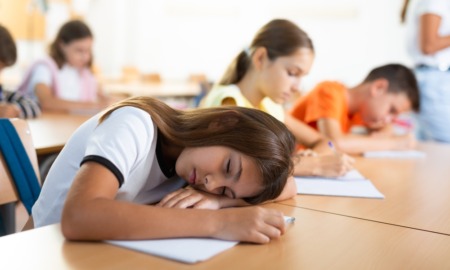
 1.5KNews
1.5KNewsOverscheduling kids’ lives causes depression and anxiety, study finds
The statistical techniques are new. Researchers debate about how and when to use them.
-
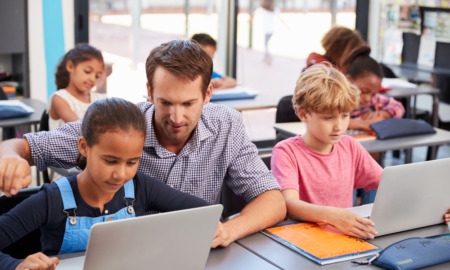
 601News
601NewsMany schools want to keep tutoring going when COVID money is gone. How will they pay for it?
States can ask for more time to spend pandemic aid going toward tutoring.
-
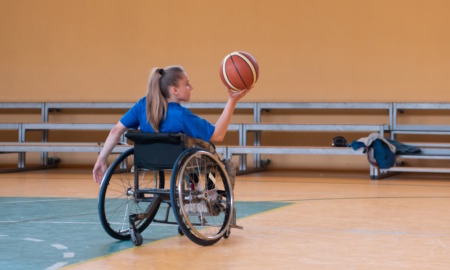
 2.2KGuest Opinion Essay
2.2KGuest Opinion EssayStudents with disabilities often left on the sidelines when it comes to school sports
This violates the civil rights of students with disabilities and devalues their athletic skills.
-

 1.4KGuest Opinion Essay
1.4KGuest Opinion EssayHere’s how I use my story to teach incarcerated kids that writing matters
If they don’t change their lives, what likely awaits them is prison or death.
-
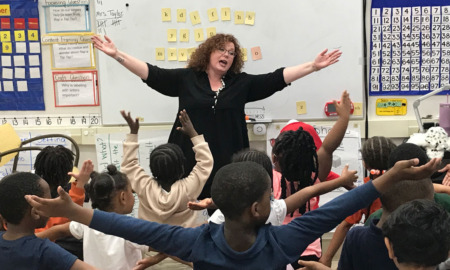
 835News
835NewsOverhaul reading instruction. KIPP got there first
KIPP reading lessons include phonics to help students recognize sound and letter patterns.
-

 1.4KGuest Opinion Essay
1.4KGuest Opinion EssayQ&A: Healing from child sexual abuse is often difficult but not impossible
Abuse disclosure, consistent support from safe adult caregivers, and therapy are important for recovery.
-
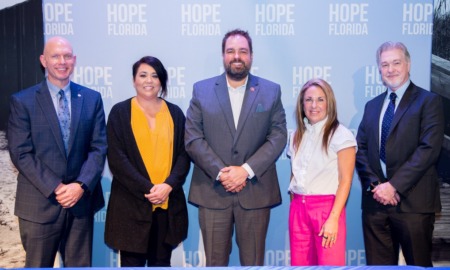
 666News
666NewsFlorida’s accomplishments highlighted at National Mentoring Month round table. What will you do in 2024?
Mentoring means dedication of one’s time to motivate, educate, support and inspire another individual.
-
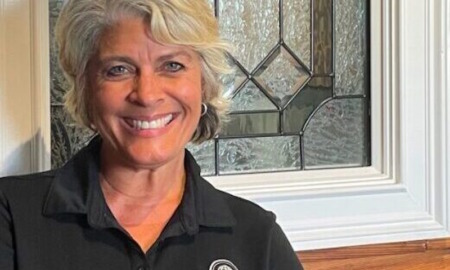
 525News
525NewsEveryday Hero: Andrea Hancock dreams of a night when bed bugs don’t bite
Making a difference with clean bedding and pest control for the most at-risk communities.
-
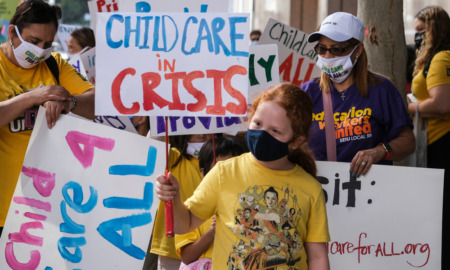
 666News
666NewsQ&A: Child care workers organize for better pay and treatment
Workers are exceptionally hard to unionize, due to high turnover rates and geographic spread.
-
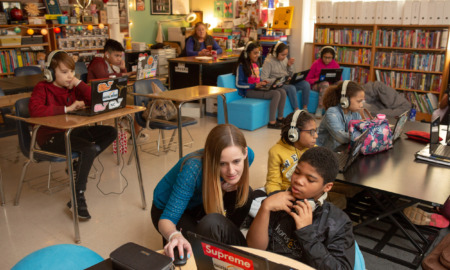
 876News
876NewsCOVID-era laptops made a dent in the digital divide. Now the real work begins.
Technology has the potential to help students take more control of their learning.
-
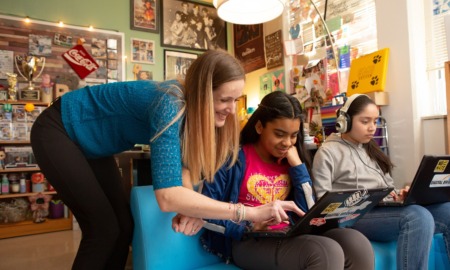
 1.5K► Reports
1.5K► ReportsA call to action for closing the digital access, design, and use divides: 2024 national educational technology plan
A federal report discusses the latest in educational technology, highlighting three pervasive "digital divides".
-
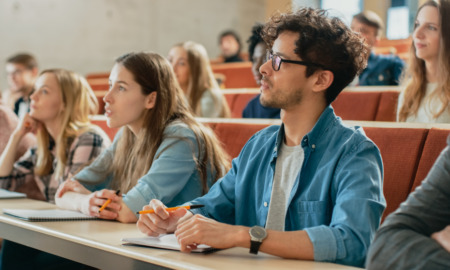
 859News
859News7 strategies to help gifted autistic students succeed in college
About 1 out of every 100 students in American public schools has autism.
-

 824News
824News21 bodycam videos caught the NYPD wrongly arresting black kids on Halloween. Why can’t the public see the footage?
Police have undermined the promise of transparency and accountability that accompanied the body-camera movement.
-

 1.7KGuest Opinion Essay
1.7KGuest Opinion EssayStudents do better and schools are more stable when teachers get mental health support
Not only do teachers benefit from improved mental health, but their students do, too.
-
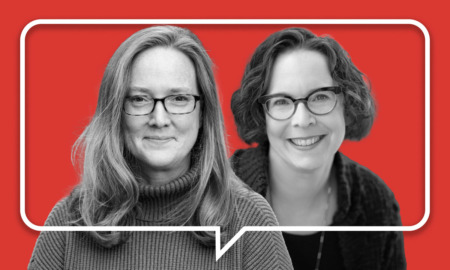
 1.1KNews
1.1KNewsQ&A: Experts on kids & social media weigh the pros and cons of ‘growing up in public’
Half of U.S. teens spend at least four hours a day on social media.
-
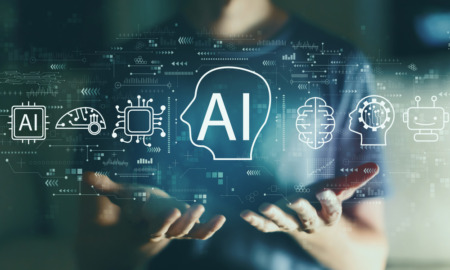
 1.5KGuest Opinion Essay
1.5KGuest Opinion EssayHow AI can help create assessments that enhance opportunities for all students
Artificial intelligence could make tests more learner-centered and personalized, with a whole-child emphasis.
-

 1.0K► Reports
1.0K► Reports2024 race for results: Building a pathway to opportunity for all children
A new report reveals progress but also highlights persistent disparities for children of color.
-

 1.2KNews
1.2KNewsHow the anti-CRT push has unraveled local support for schools
Adults exposed to anti-CRT narratives don't trust teachers to discuss race or racism.






